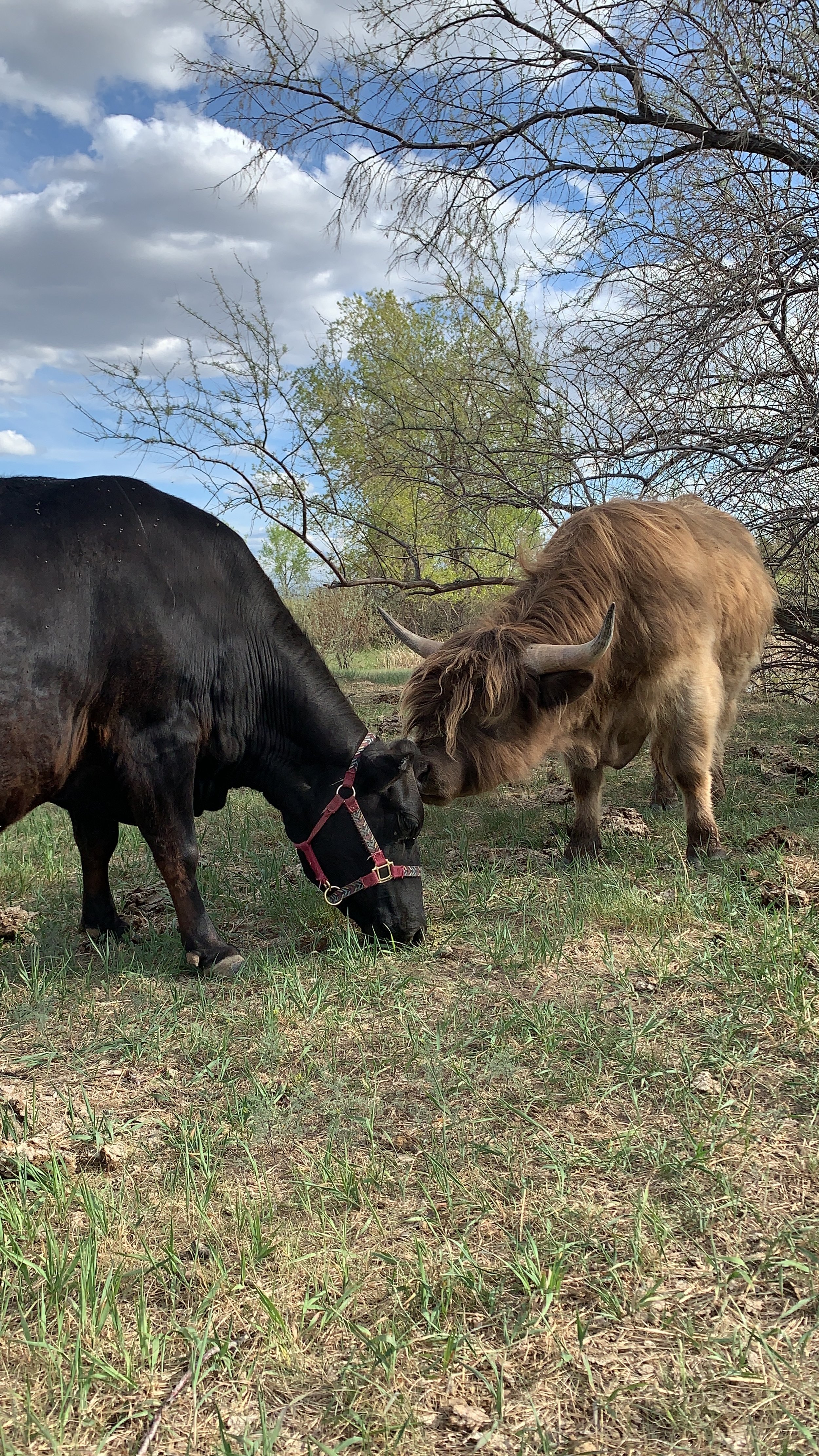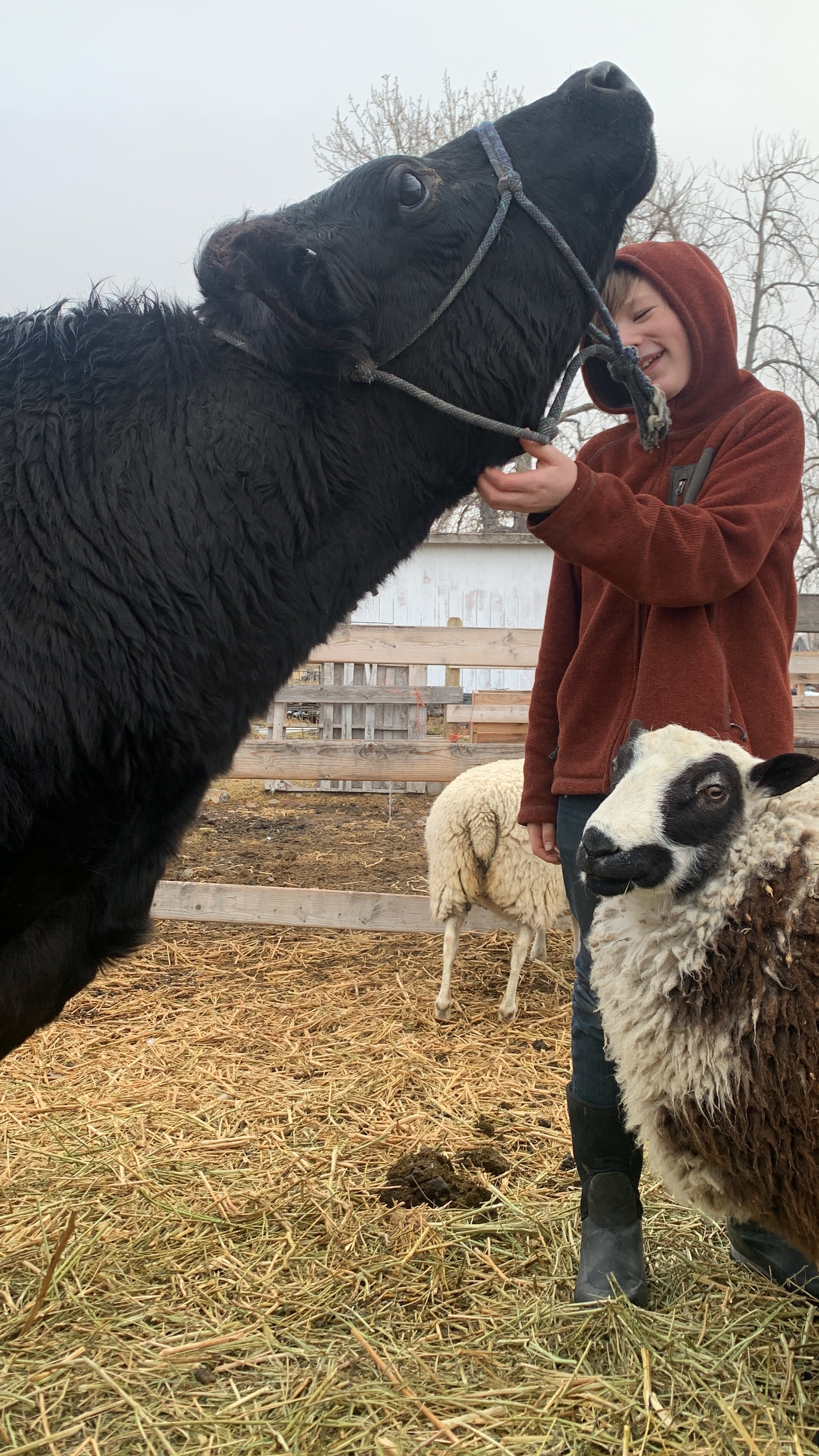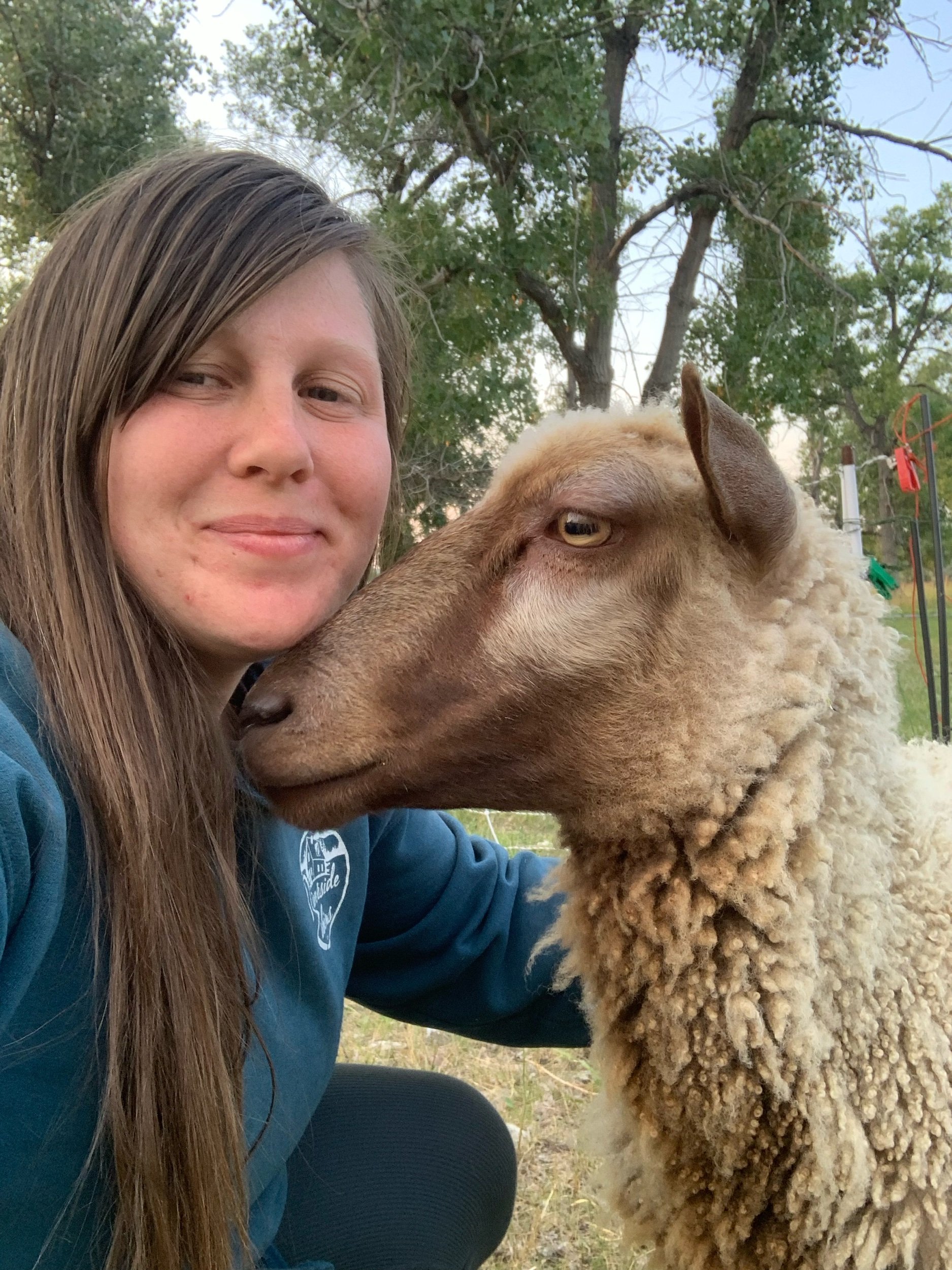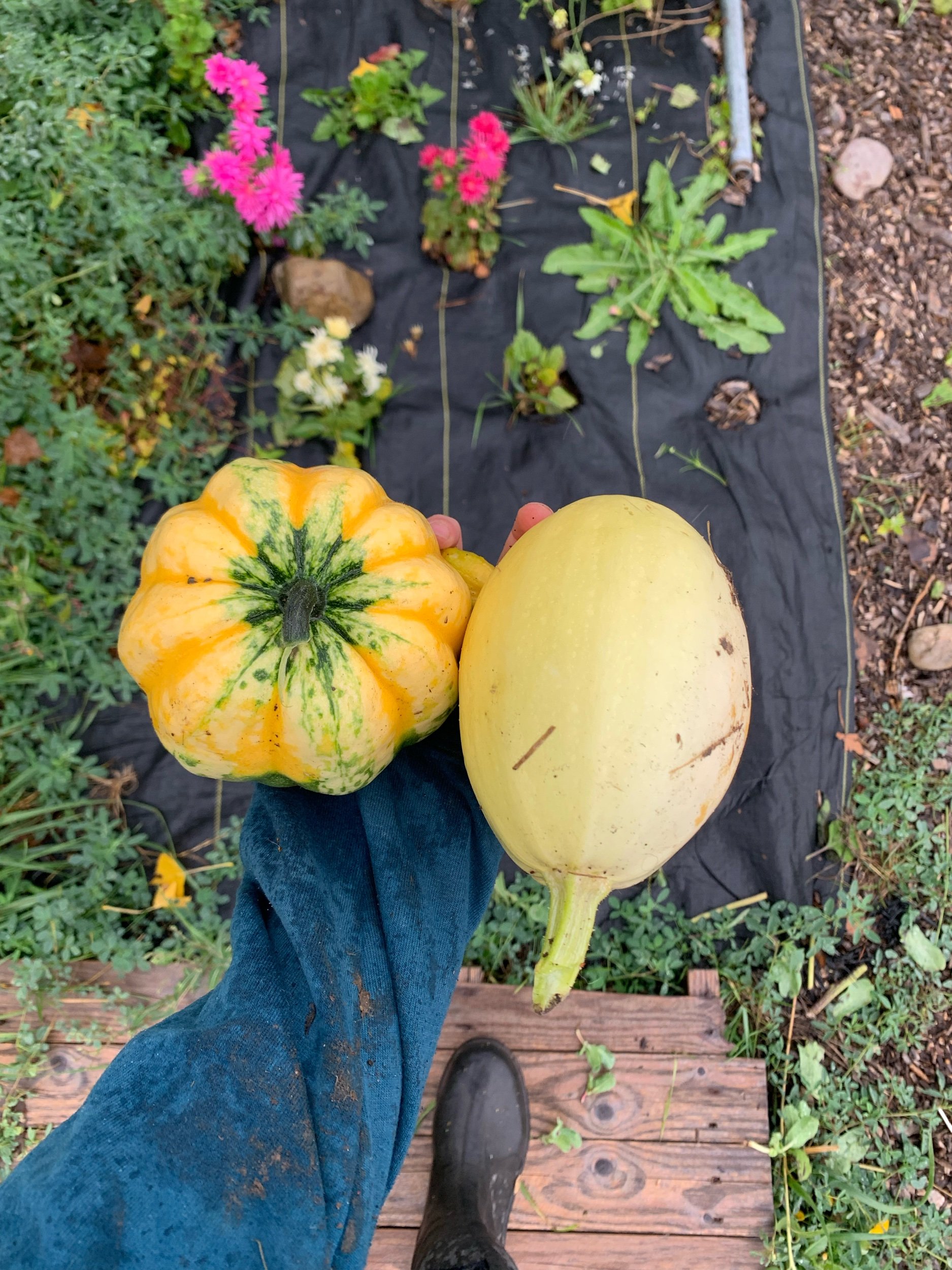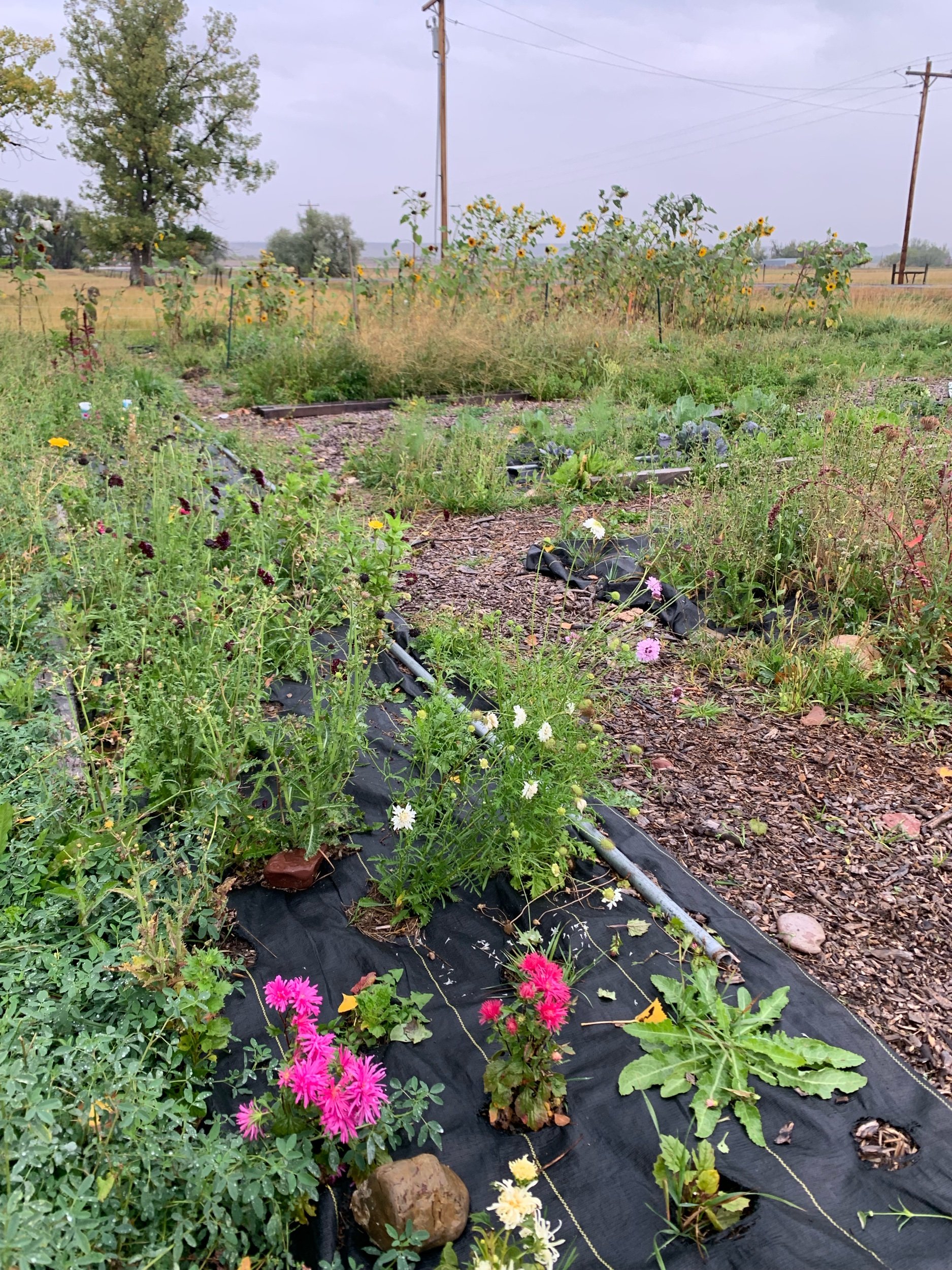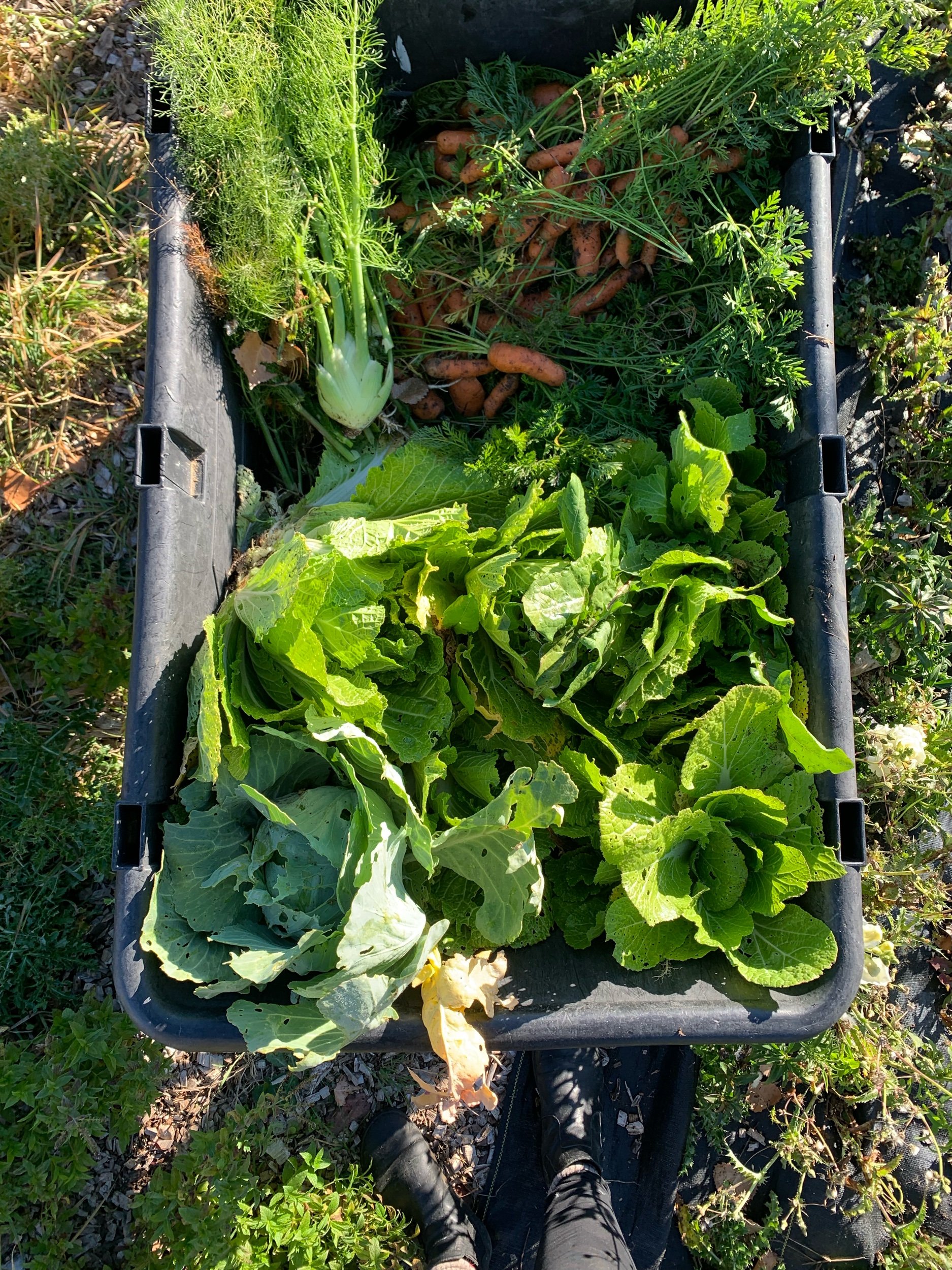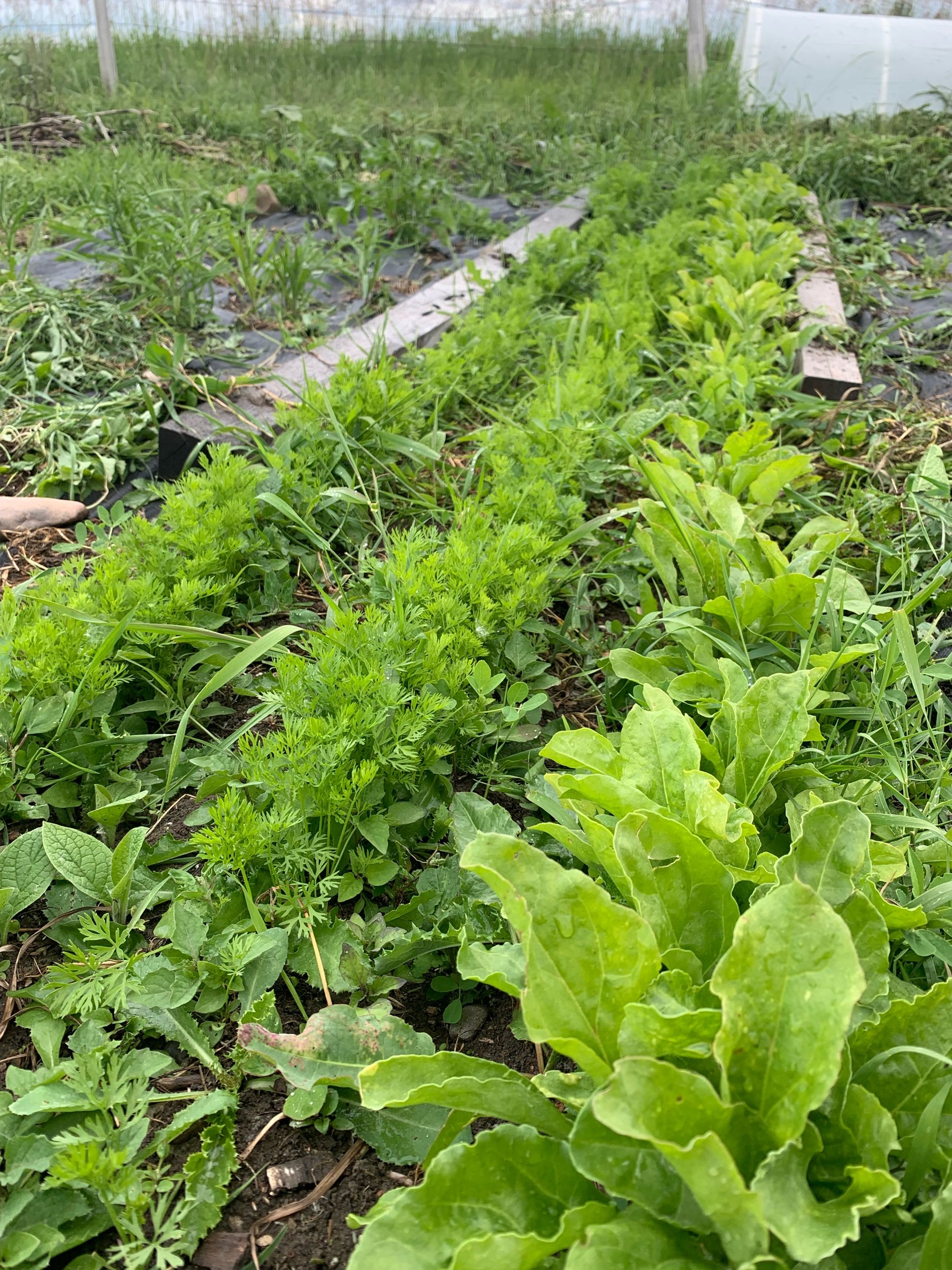Agricultural Connectivity
Slowly over the back decade I have morphed from a “non-fiction only” person to more of an “if you have something valuable to say, have the creativity to teach me through story” person. Today, I’m going to be uncreative and tell you exactly what I think and why I think it. I hope that in getting my thoughts onto the page the possibility of a future creative work conceived from them will grow. I want to impress on your heart, even more than your mind, that the human connection to agriculture is vital to our society.
Agriculture— truly regenerative land stewardship— is like the nervous system of a society.
It sends signals with the seasons to our communities and our bodies. As the first radishes ripen with the rich spring butter, we can dash them together and spread them on sourdough while we wait for the true garden harvests to begin all the while ingesting a wave of minerals our bodies have been craving all winter. When the potatoes are ready, it’s time to enjoy a potluck and renew our supply of potassium. Many families and communities ebb and flow with local produce without even realizing it.
A body likewise thrives when we allow the tides of local agriculture to determine its various rhythms. On the other hand, when the grocery list relies on what can be found in the stores year-round, we deprive our bodies of the opportunity to rest from some input, replenish other nutrients and in doing so, restore balance (to some degree). The person disconnected from the soil and its fruit becomes palsied.
The grower of trees, the gardener, the man born to farming, whose hands reach into the ground and sprout, to him the soil is a divine drug. He enters into death yearly, and comes back rejoicing. He has seen the light lie down in the dung heap, and rise again in the corn. — Wendell Berry
Our minds, bodies and spirits need the seasons, the produce and interaction with creation.
There’s an audio clip trending on instagram right now that claims our minds and bodies are better off just being near a body of water, sighting studies that show it can lower blood pressure without ever dipping our toes in. Creation does something. We can break down into the chemical constituents in the air and soil from the plants & etc. Or we could keep the romance and just believe that it’s good for us to go outside.
When farming ceases to be an abstract process that brings food to the store shelf and becomes a real and tangible thing, you naturally have a deeper understanding of the rhythms set in motion from the beginning of the earth (among so many other things). Here are a few examples:
If you were to garden for a couple of years and get among “gardening people,” you would hear language such as, “It’s just not a squash year.” “We have a bumper crop of potatoes this year.” “This hot summer is doing nothing for my cucumbers but my tomatoes are going bonkers.” It doesn’t take long to realize that no matter how precise you are with the raw ingredients, you cannot perfectly control the harvest. A big box grocery store rarely reflects that reality. But volunteer or work-share on a vegetable farm for a summer and you’ll see the need our grandmothers had for recipes that used up the abundance and made-do without those crops that were lean.
How about labelling? Many people are reaching for organic foods these days. (And they should!) But labelling is a highly imperfect system. After all those hoops to jump through, what happens when a pneumonia-causing virus sweeps through the area. A pasture-raised flock or herd with good vitamins and minerals should be able to fight the thing. But inevitably, say an animal falls ill. To protect that “no antibiotics ever” stamp on the package, the organic farmer cannot give a life-saving treatment to that animal. Maybe he could get around it by saving it and culling it, making sure it’s removed from his market herd, but either way it’s a tough place to be. Instead, if you find a local farmer who is concerned with regenerative agriculture and healthy food, you can get to know his or her farming processes well enough to trust the food he or she raises for you, but also the husbandry ethics on that farm.
Two of the excuses given for perpetuating destructive farming methods is feeding the world population and climate change.
It’s bologna. The result of factory farming methods is less farmers and more carbon. Well-managed pasture sequesters carbon, lots of it. The more family farms in the world that use management intensive grazing to ensure pasture health, the smaller the human carbon footprint is. And yes, there are hungry people in the world. I assure you that monopolizing the world’s food sources into the hands of powerful men is not the best way to feed the hungry. The more individuals there are to grow food, the more their are to share food. The more communities that have strong, local agriculture, the more the communities can care for their own.
Good farmers, who take seriously their duties as stewards of Creation and of their land's inheritors, contribute to the welfare of society in more ways than society usually acknowledges, or even knows. These farmers produce valuable goods, of course; but they also conserve soil, they conserve water, they conserve wildlife, they conserve open space, they conserve scenery. —Also, Wendell Berry
Corporatizing food production is so backwards. Did you know that the only category of farms growing are the ones doing over $1 million in sales? Smaller farms are either stagnant or in decline. [3] Allowing it to happen feels easy because we no longer feel the weight of caring for our neighbors. But this path of least resistance removes the honor of sharing our bread and delegates it to…whom? World leaders? The corporations that fuel world trade? None of the “powers that be” care if your specific child is hungry. But your neighbor should, as you should care about them. When we’re a part of a communities across the globe that are deeply connected to local agriculture, we restore the ability to do unto others as we would have them do for us.
As the nervous system of society, I believe that agrigulture sends the signals that allow humans to feel and respond with movement. The more we distance ourselves from farming, the more numb we grow.
This is a big topic that would require a lot of work to adequately cite sources. Instead of statistics, though there are many, let’s work from personal observations for a bit. Feel free to let me know if you’re seeing something different. What I’ve noticed is a lot of juxtaposed tendencies. People are more concerned with self-care than ever and yet there is more self-loathing and overwhelm than ever. Health resources have never been more abundant and yet neither have illnesses. (I know, these things are old news, right?) Communication technology advances seemingly every day and humans are lonelier than ever. Society is obsessed with recreation and rest yet humanity seems universally exhausted. We live in a time when emotions are discussed and addressed like never before but it seems few feel happy, joyful, content or satisfied.
I have a solution: go pull some weeds, a lot of them.
First of all, the health benefits of going outside (yes, even if you get some sunshine) can’t be ignored. Look back on a forty foot weed-free row of carrots and suddenly, that rest feels a lot better. Properly wear yourself out and then feel the miracle that is waking up from a quick siesta in the hot afternoon. The conversation with the person in the row of beets next to you takes on a different kind of value than the one on the screen. There’s something chemically different about being near a human that makes your heart hurt when they tell you about their bad day and your heart leap when they tell you their good news. After a few weeks of eating from that garden, your cells start chugging along better, your endocrine system begins to level out and you notice you don’t feel as anxious.
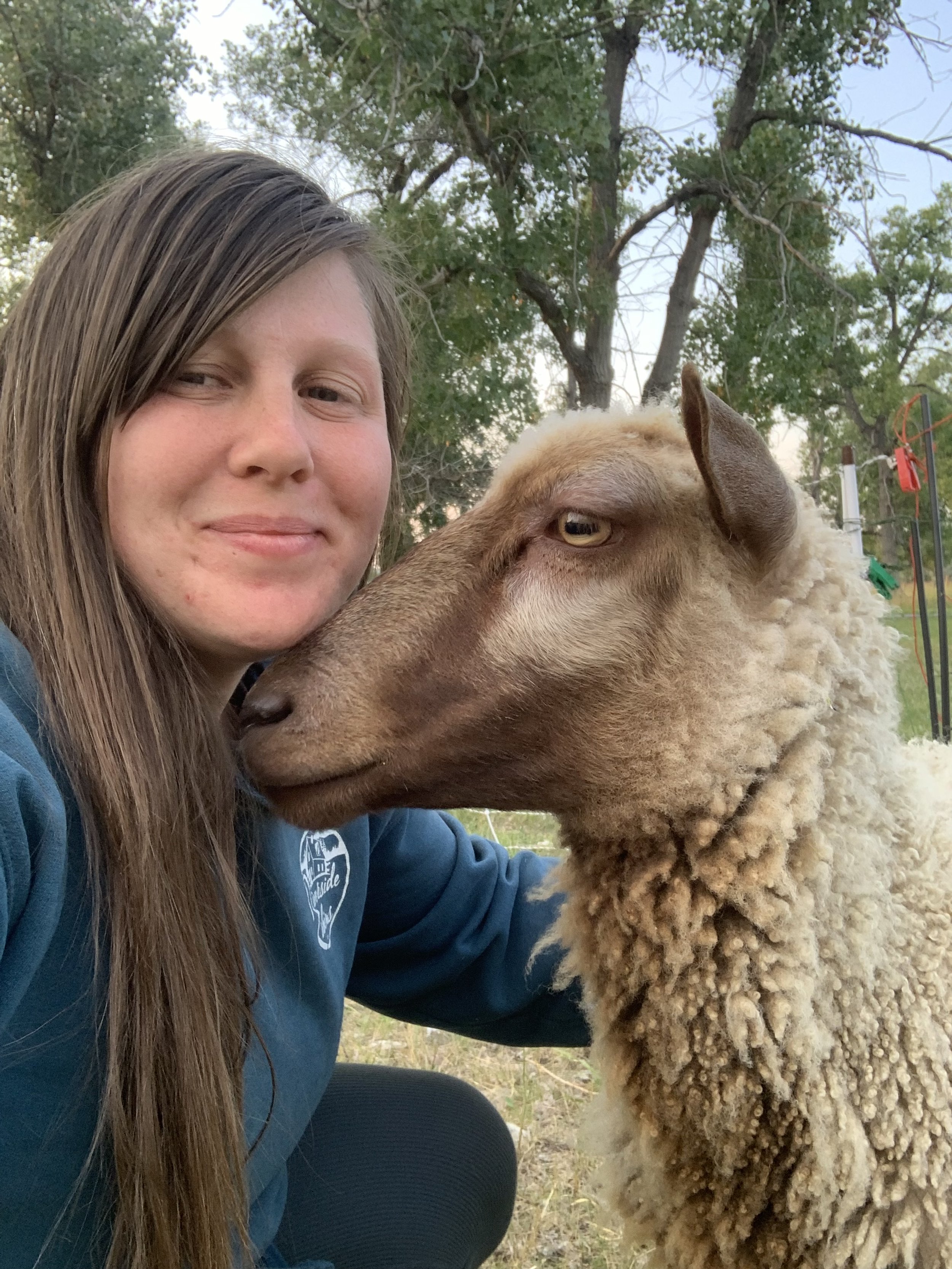
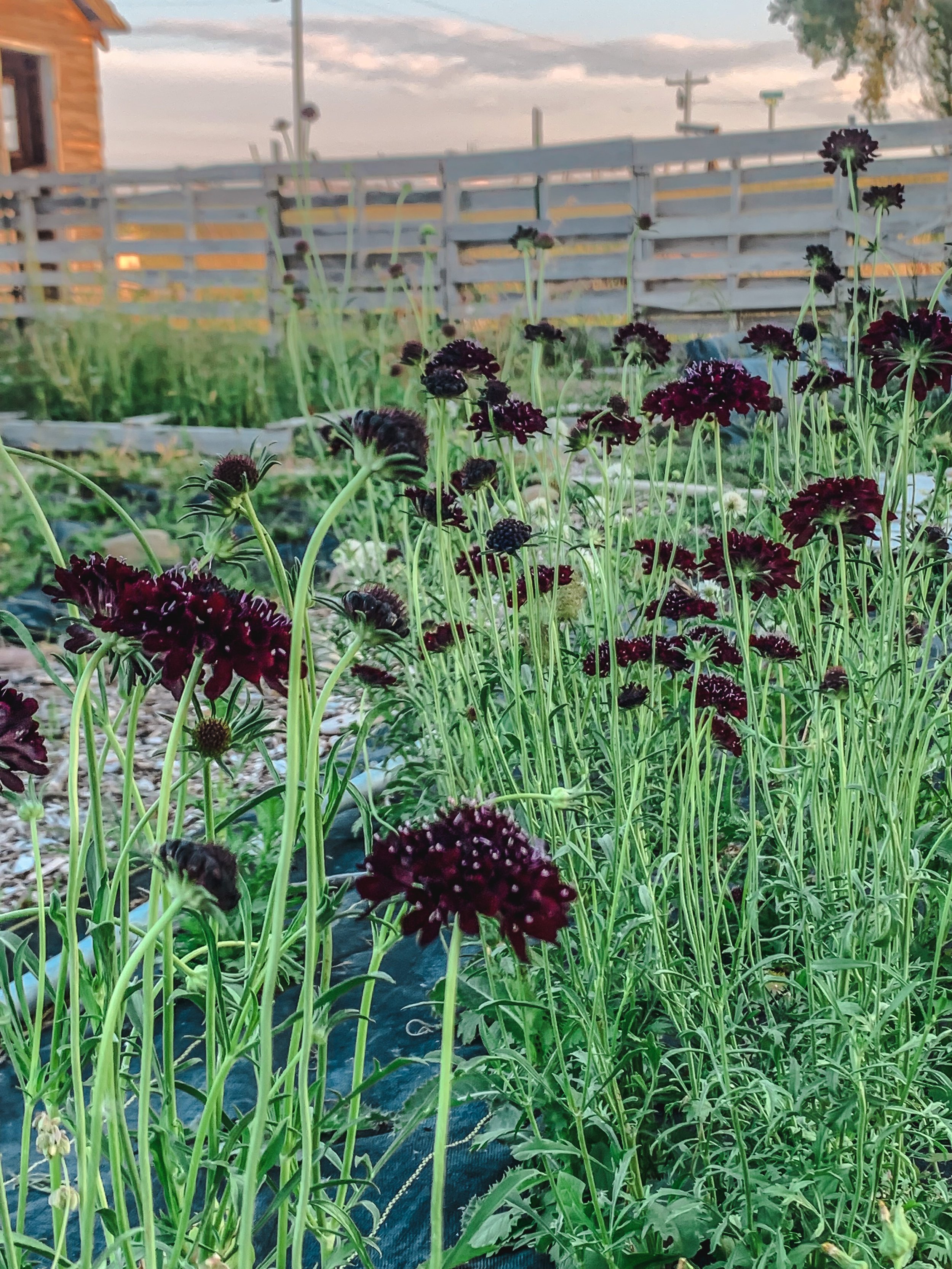
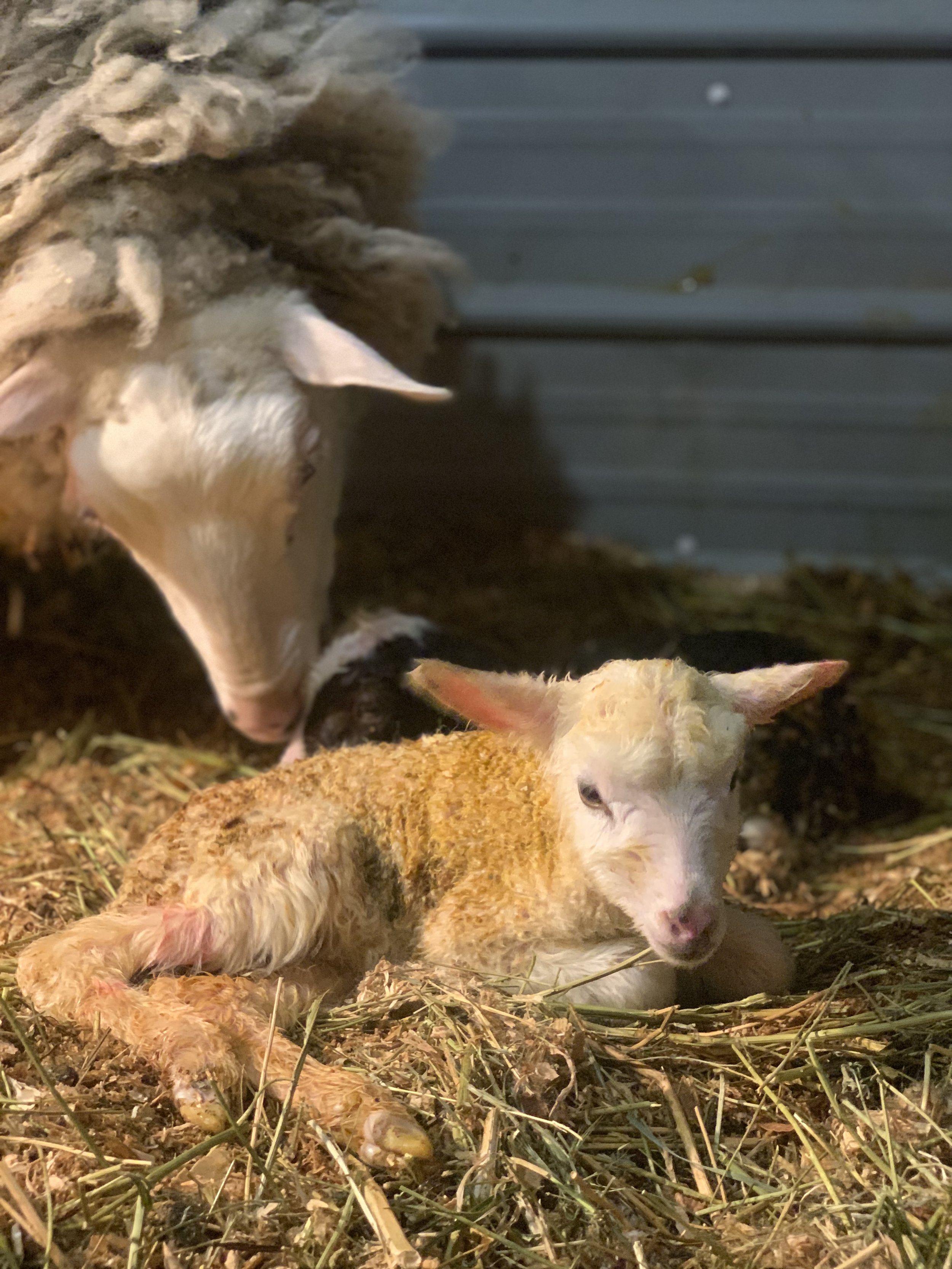
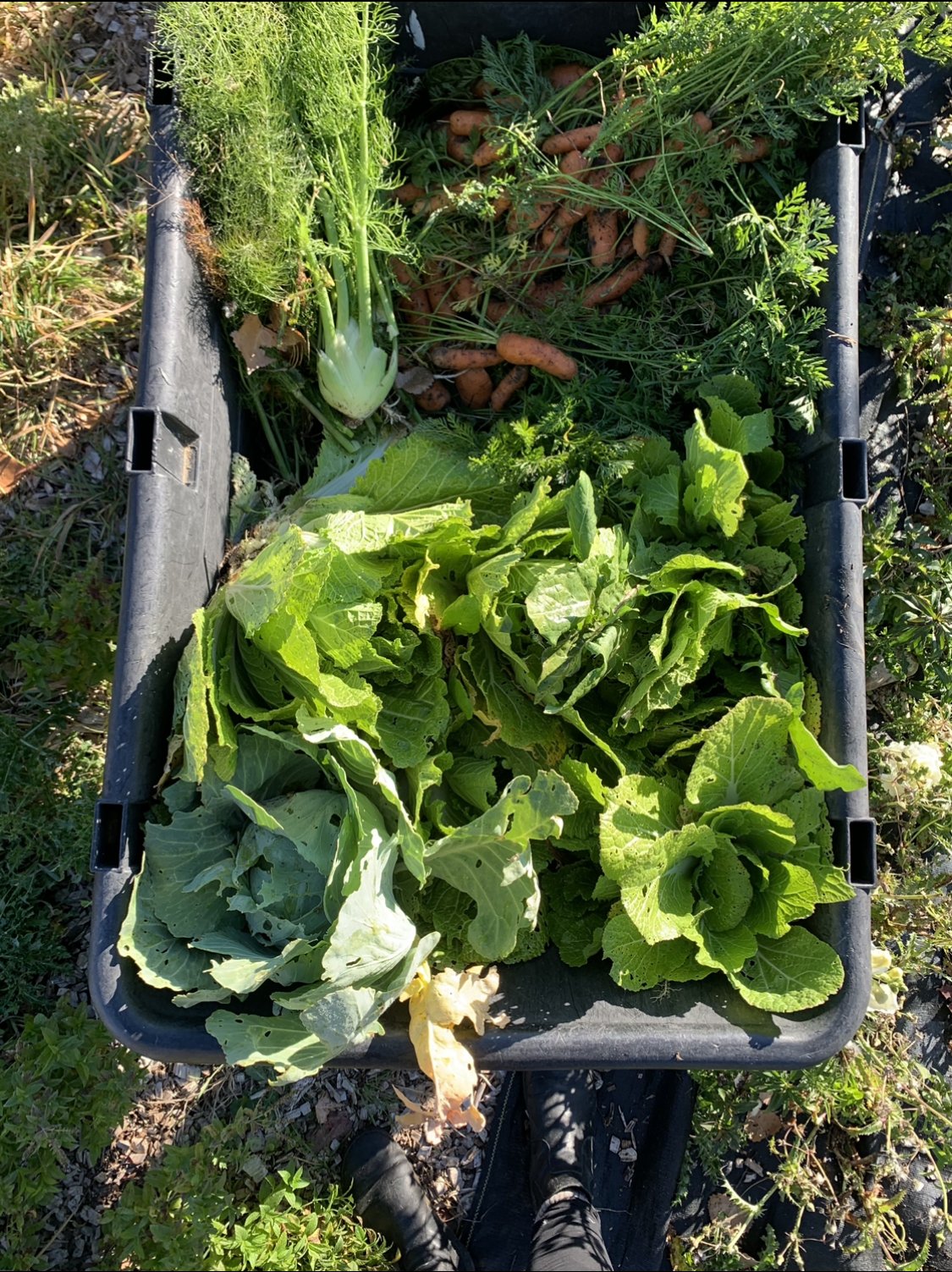
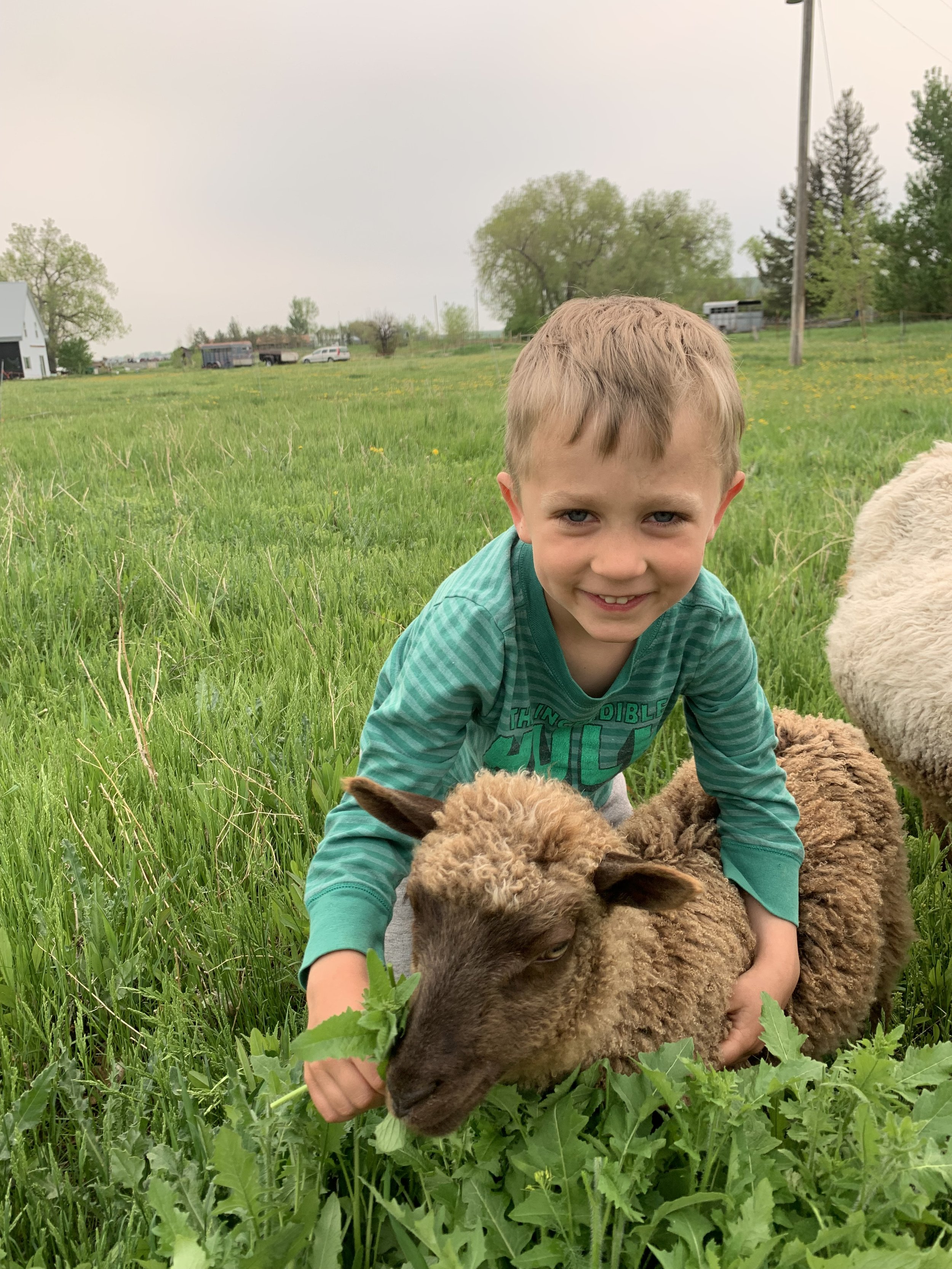
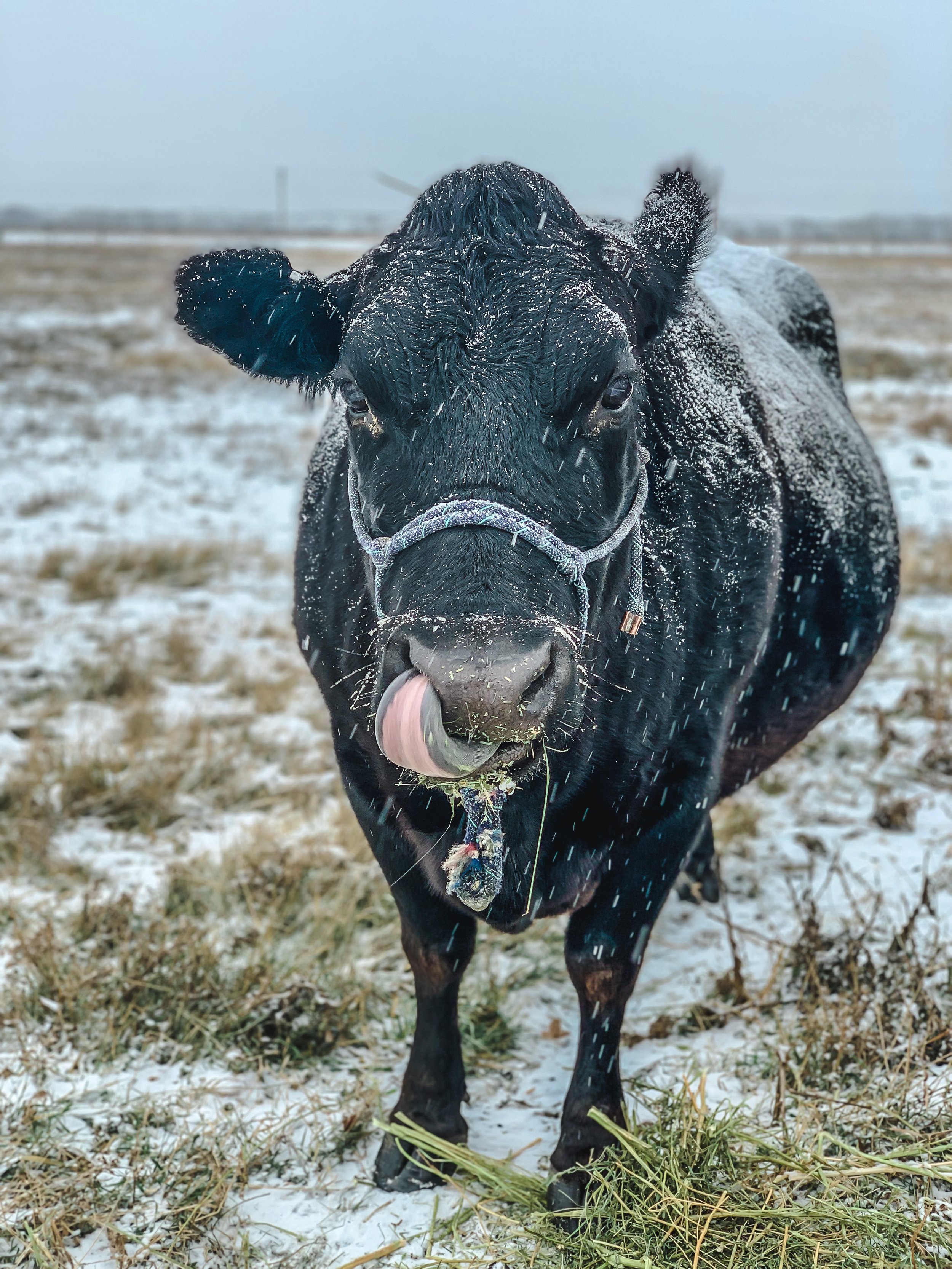
Maybe you’re thinking that I’m over simplifying it. I’ll admit that I am, that I have to to communicate it. But imagine what would happened if half the population traded their four stop grocery trip (or a bunch of eating out) for a market stand and a vegetable share that includes work-share time on the farm. Seriously. Imagine if half of Americans took their frustrations out on interloping sow thistle and knapweed for a couple of hours all the while receiving the benefits of the grounding moment and a nourishing traditional diet. What if fifty percent of your aquaintance saw improvement in their health because they began getting the micronutrients they need from locally raised foods? If half of smartphone users were too busy braiding garlic or shelling peas to check their notifications?
Often when I talk about farming & nutrition on social media, people comment that they live in the city or they don’t have land or time to farm so they don’t have the same opportunity I do.
I’m gonna quote the great Bob Ross a second time in this post and say it’s Bologna. Yes, the world needs more farmers. But we can’t just empty our cities and divide up the land. The way forward isn’t to go backward, as much as I romanticize the past. It would require reorganizing schedules and priorities. It might take a some sacrifice. I think urban populations would benefit immensely from involvement in community supported agriculture. In fact, it would probably even improve productivity and the bottom dollar if corporate employees were allotted time in their schedules for agricultural connectivity. (That sounds like something Sweden is probably already doing.)
Odd as I am sure it will appear to some, I can think of no better form of personal involvement in the cure of the environment than that of gardening. A person who is growing a garden, if he is growing it organically, is improving a piece of the world. He is producing something to eat, which makes him somewhat independent of the grocery business, but he is also enlarging, for himself, the meaning of food and the pleasure of eating. — Yes, Wendell Berry. Again.
This isn’t about the bottom dollar though. It's about the state of humanity. We need a chiropractor. We need someone to realign the body of humanity with the nervous system . Which sacrifice is not worth better physical, mental, emotional and spiritual health? Volunteer, invest in an herdshare, grow a patio garden— heck, grow oregano on a windowsill. Turn your food scraps into compost. Get seeds from a local seed library. Start somewhere and don’t stop growing.
P.S. I really didn’t intend that pun, but I love it anyway.
P.P.S Here’s a beginner’s list of humans who are better informed, more experienced and write more eloquenclty on this topic. Tap the photos for more info.
Obvisouly Wendell Berry. I love this book of essays called Art of the Commonplace.
James Rebanks. I loved English Pastoral/Pastoral Song.
Tara Cuture’s substack, Slowdown Farmstead.
[1] https://edis.ifas.ufl.edu/publication/SS574
[2] https://www.nass.usda.gov/Publications/Todays_Reports/reports/fnlo0222.pdf
[3] https://www2.census.gov/library/publications/decennial/1860/agriculture/1860b-09.pdf


